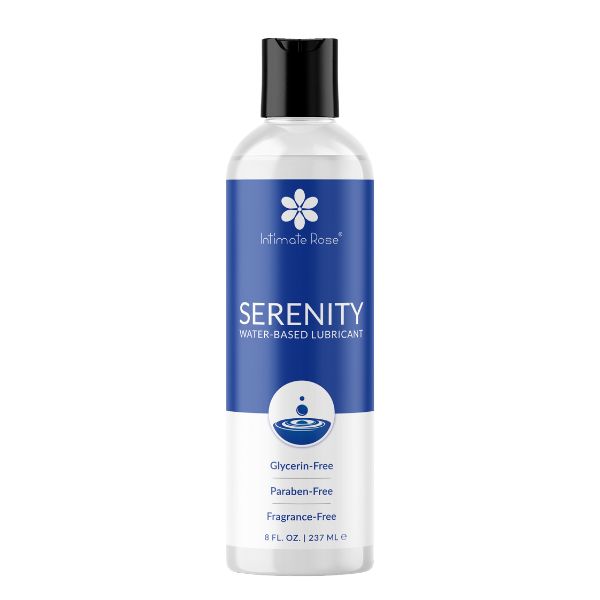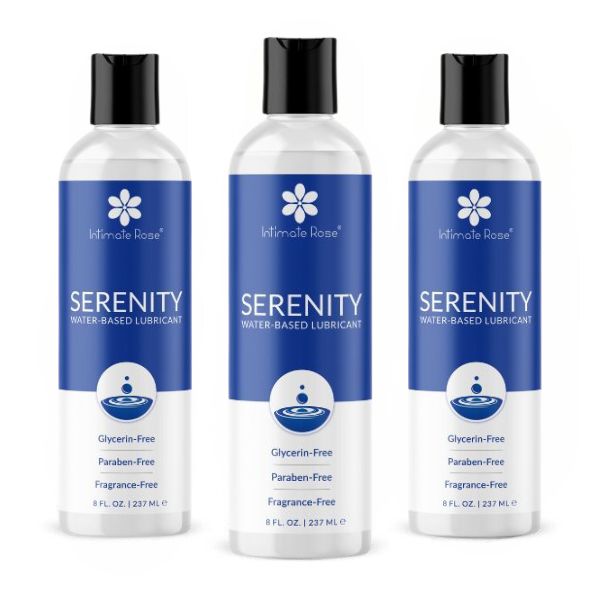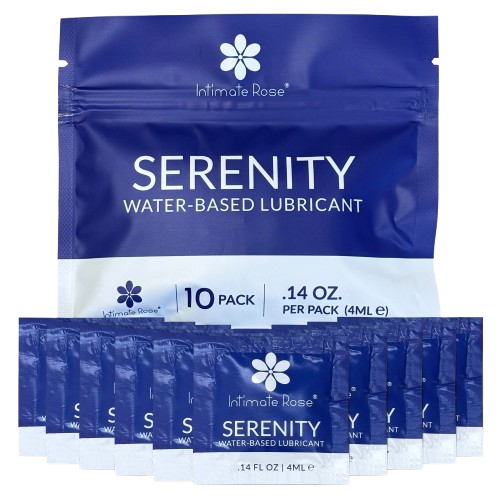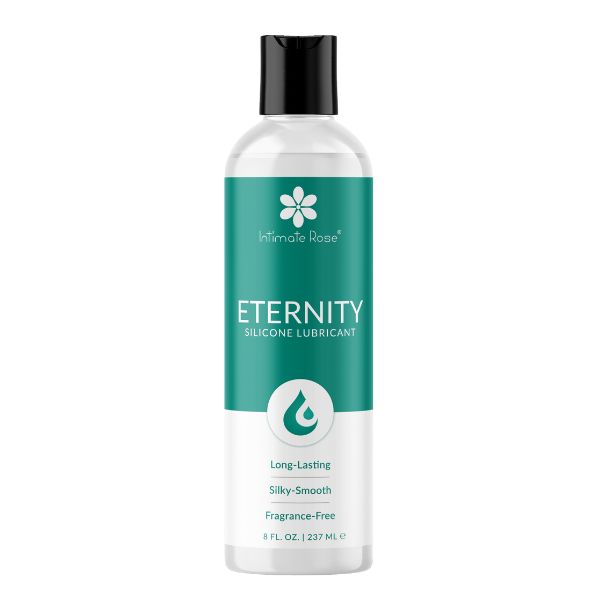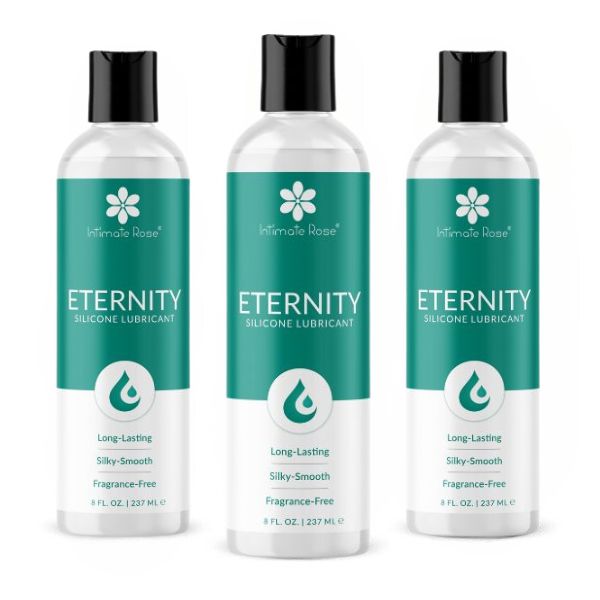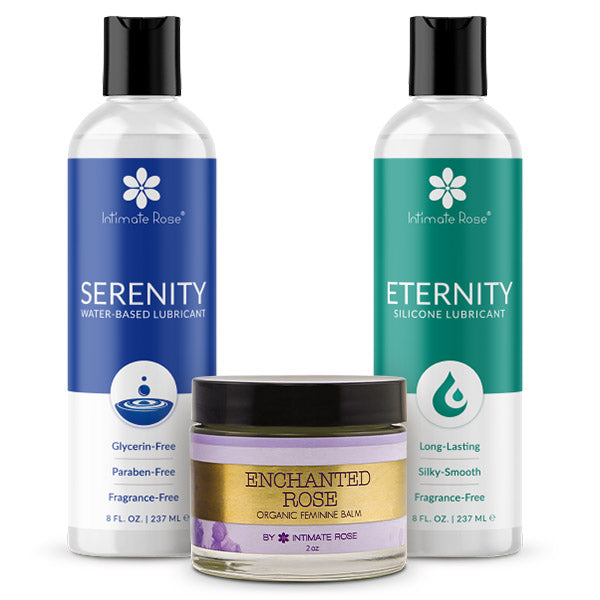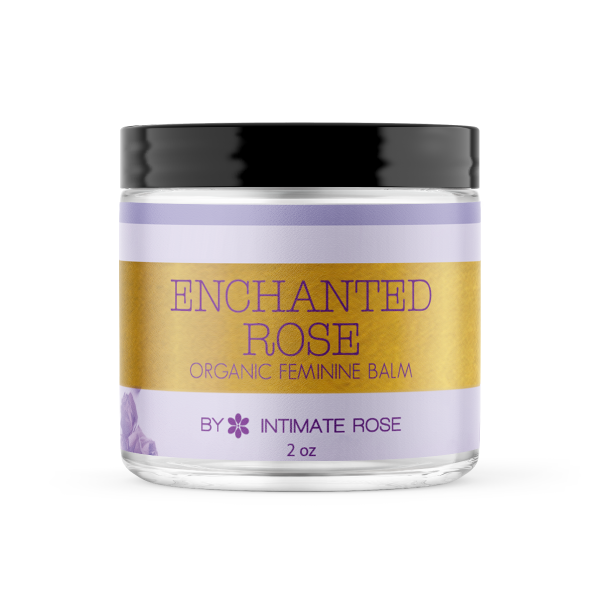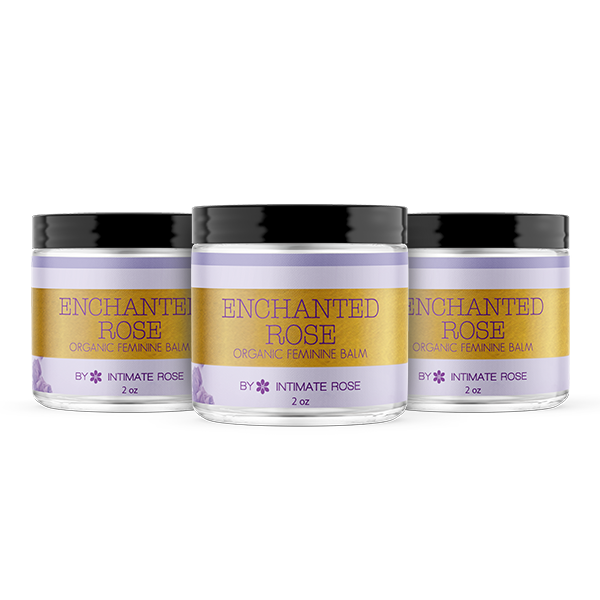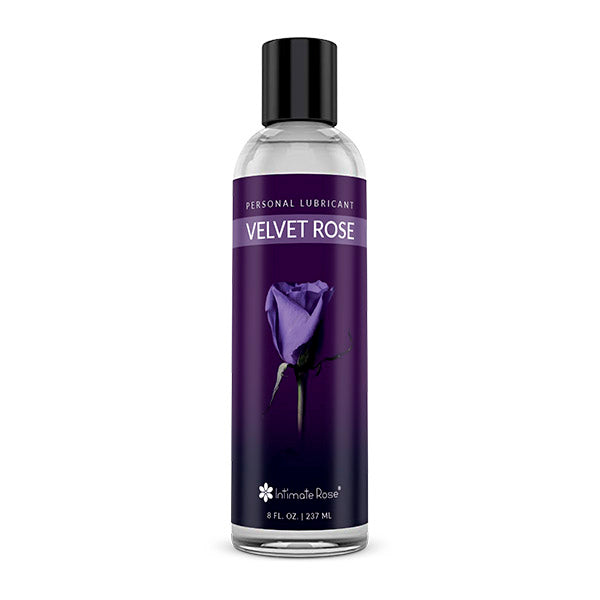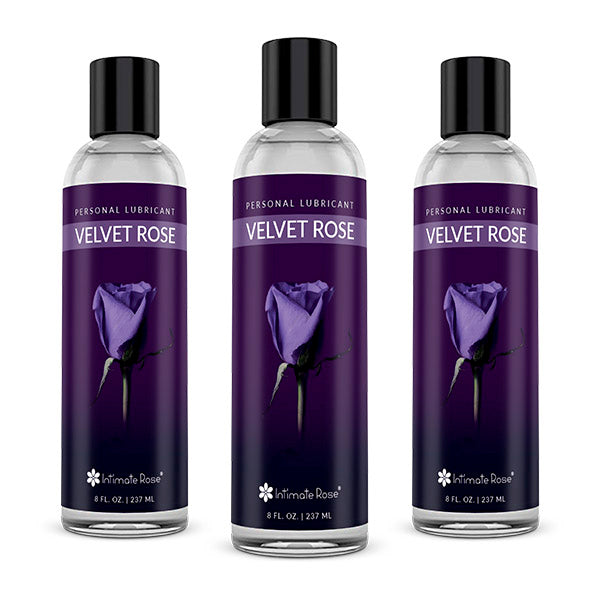Hormone Replacement Therapy (HRT) is a medical treatment to alleviate symptoms associated with hormonal imbalances or hormone deficiencies. Although it’s regularly used to replace reduced levels of estrogen during menopause, HRT does not come without risks. Untreated menopause symptoms, on the other hand, can leave women suffering for years with no relief.
Read on to learn more about HRT, the risks involved, and the best natural alternatives for managing menopause symptoms.
What is Hormone Replacement Therapy?
HRT is a form of medication that contains the female hormones estrogen and progesterone, or just estrogen. It is taken in pill form, as a cream, gel, patch, or vaginal ring. The main purpose of HRT is to replace estrogen, which the female body ceases to produce during menopause.
In addition to the role, it plays in the menstrual cycle and reproduction, estrogen also fuels the brain, strengthens bones, lowers cholesterol, and helps to maintain vaginal health.
As its production begins to decline during perimenopause, many women experience mood swings, hot flashes, insomnia, vaginal dryness, and loss of libido. Lower levels of estrogen have also been found to increase the risk of osteoporosis later in life.
The other hormone associated with HRT is progesterone. It also aids in menstruation and pregnancy throughout the reproductive stage of life, its main role being to maintain a healthy uterine lining. During menopause, progesterone is taken to protect the uterine lining from excessive estrogen, thereby preventing endometrial cancer.
How Does HRT Work?
When prescribed to manage menopause symptoms like hot flashes, mood swings, vaginal dryness, loss of libido, and low bone density, HRT is prescribed in one of two ways: Estrogen Therapy or Combination Therapy.
Estrogen therapy contains only estrogen and is typically prescribed for women who have undergone a hysterectomy and who are in or post menopause.
Combination therapy contains both estrogen and progesterone, which is typically a synthetic form of progesterone called progestin. This form of HRT is the most common, and typically prescribed for women with a uterus to protect the uterine lining from endometrial cancer.
Before taking HRT, it is recommended that the age, overall health, and family medical history of each individual are assessed by a healthcare provider to determine the correct form of hormone therapy, dosage, and duration.
Hormonal and Non Hormonal Menopause Relief
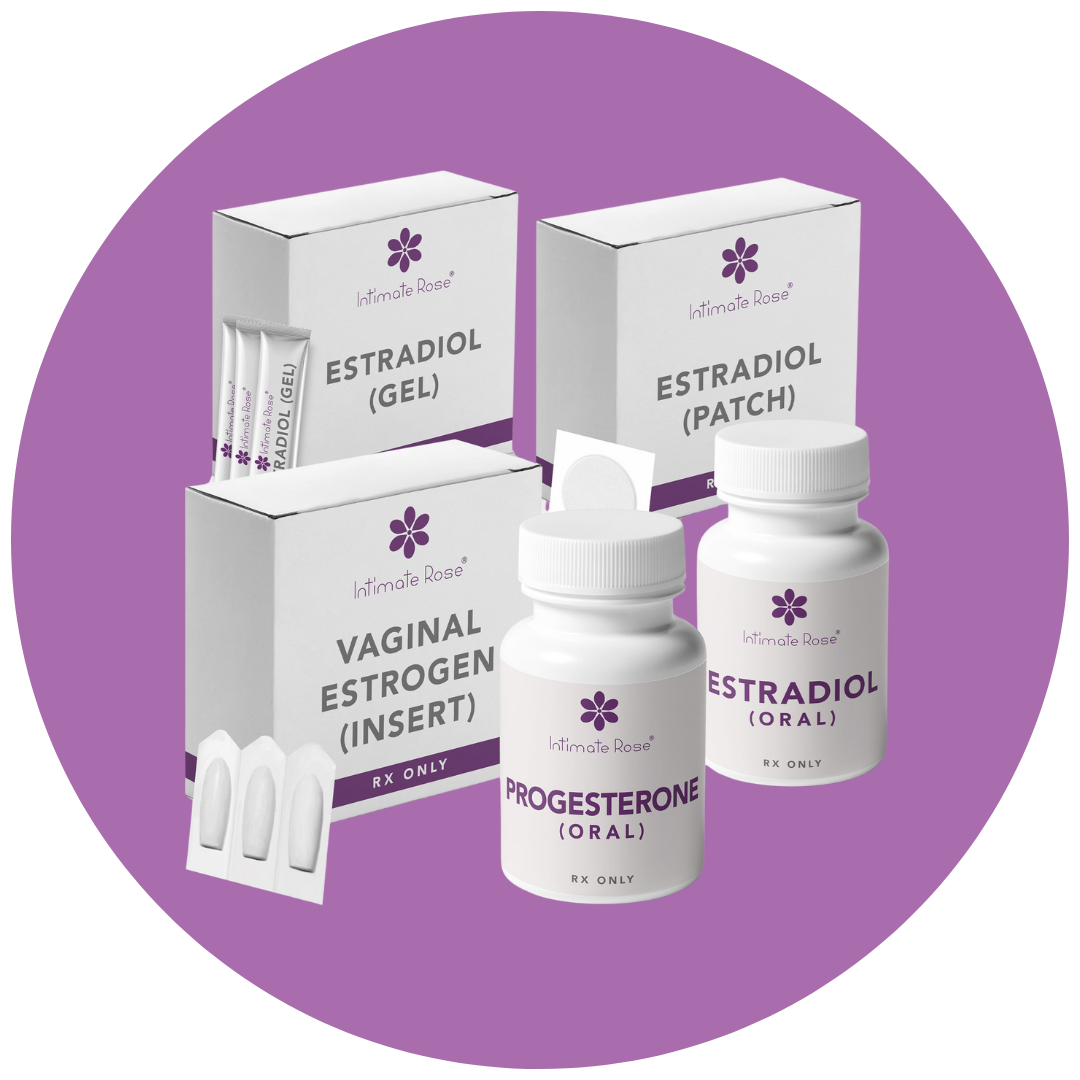
What Are the Risks Associated with HRT?
When HRT is used to treat menopause symptoms, certain risks are involved, depending on a woman’s age, medical history, the type and dose of HRT diagnosed, and for how long the medication is taken.
In the most extensive study to date, it was concluded that HRT consisting of both estrogen and progesterone increases the risk of breast cancer, blood clots, heart disease, and strokes. Female health experts therefore recommend that if HRT is necessary, taking the lowest possible dose for the shortest amount of time is the healthiest option.
For best results, hormone therapy should ideally be tailored to each woman and regularly re-evaluated to ensure that the benefits outweigh the risks.
Natural Alternatives to HRT
For women who don’t want to take HRT due to the possible risks, or can’t take HRT due to their medical history, a number of natural remedies are proving just as helpful.
Chasteberry
Chasteberry, also known by the Latin name Vitex agnus-castus, contains phytoestrogens that mimic the effects of estrogen in the body sufficiently enough to alleviate menopause symptoms.
When taken daily, Chasteberry helps the pituitary gland to rebalance hormones, thereby regulating menopausal mood swings, relieving hot flashes, and improving sleep. In contrast to HRT, Chasteberry oral supplements do not increase the risk of heart disease, breast cancer, strokes, or uterine cancer.
Organic Moisturizer
To naturally treat vaginal symptoms associated with menopause such as vaginal dryness or pain during sex, both of which can result in low libido, experts recommend using an organic vaginal moisturizer. Daily application of an organically made vaginal moisturizer like Enchanted Rose will help the vaginal tissues to stay hydrated and healthy.
Personal Lubricant
Because vaginal dryness during menopause can lead to pain during sex and often result in low libido, a personal lubricant is a game-changer in relieving any discomfort.
To avoid disrupting the vaginal pH balance with synthetic or scented lubricant ingredients, female health experts recommend using a water-based lubricant during foreplay and intercourse for an enjoyable sex life throughout menopause.
Vaginal Dilators
Although available in materials like plastic and rubber, medical-grade silicone dilators are considered the most body-safe and are the only FDA-approved dilators on the market.

Get your personalized HRT plan!

Get your personalized HRT plan!
Conclusion
While hormone replacement therapy can rebalance hormones during menopause, the risks and benefits vary for each woman according to their overall health, age, symptoms, and family medical history.
To avoid the risk of breast cancer, uterine cancer, heart disease, and strokes while treating menopause symptoms, speak with your healthcare professional about natural alternatives like Chasteberry to alleviate menopause symptoms instead.
References
Medical News Today - Estrogen - https://www.medicalnewstoday.com/articles/277177
Cleveland Clinic – Progesterone - https://my.clevelandclinic.org/health/body/24562-progesterone
Breast Cancer – Using HRT - https://www.breastcancer.org/risk/risk-factors/using-hormone-replacement-therapy
American College of Obstetricians & Gynecologists - Mood Changes During Perimenopause Are Real. Here’s What to Know - https://www.acog.org/womens-health/experts-and-stories/the-latest/mood-changes-during-perimenopause-are-real-heres-what-to-know
National Library of Medicine - Comparison of Vitex agnus-castus Extracts with Placebo in Reducing Menopausal Symptoms: A Randomized Double-Blind Study - https://www.ncbi.nlm.nih.gov/pmc/articles/PMC6887765/
People’s Pharmacy - Is Chasteberry a Natural Way to Ease Hot Flashes? - https://www.peoplespharmacy.com/articles/is-chasteberry-a-natural-way-to-ease-hot-flashes
American Family Physician - Diagnosis and Treatment of Atrophic Vaginitis - https://www.aafp.org/pubs/afp/issues/2000/0515/p3090.html

Get your personalized HRT plan!




